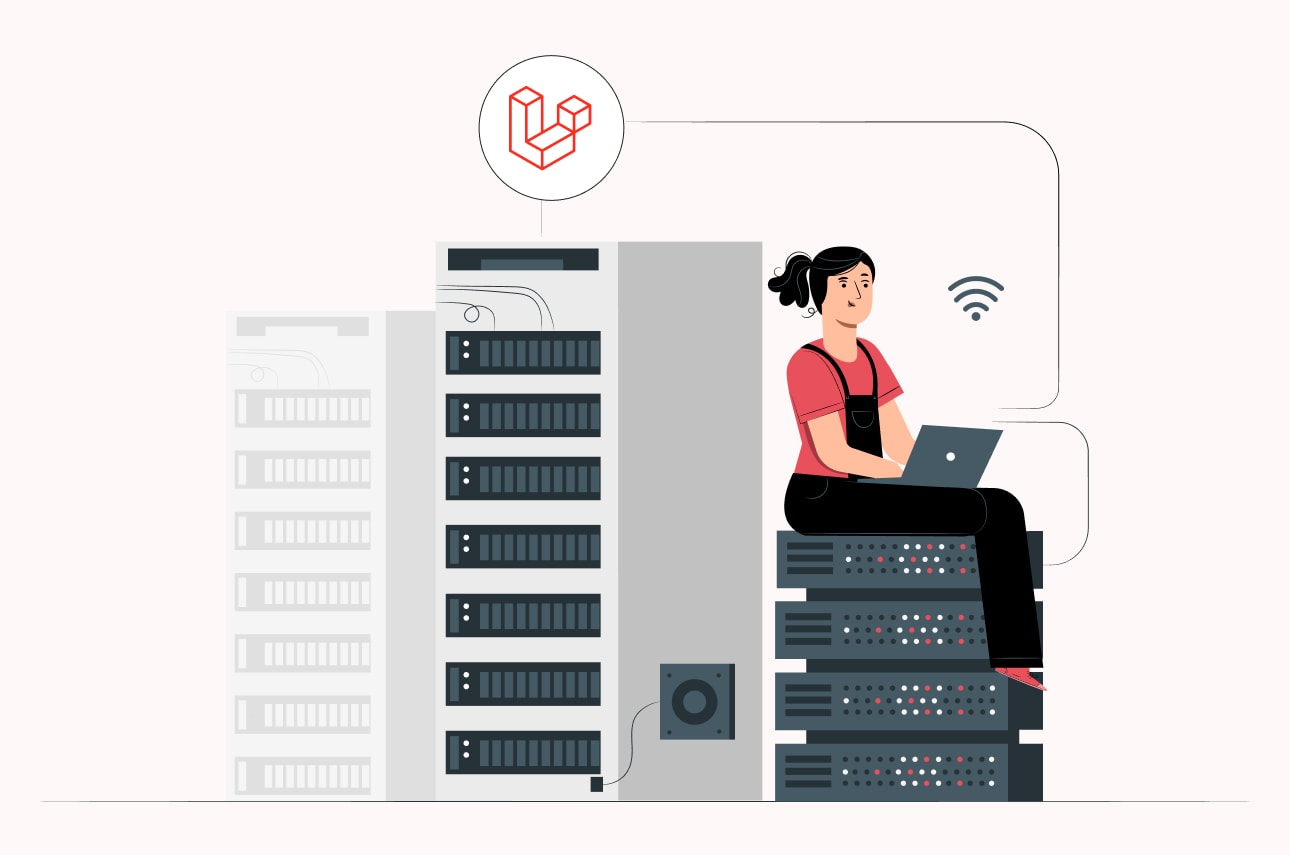Introduction
Data breaches are occurring more frequently than before and because of this organizations are facing immense pressure to safeguard both customers and their business data.
On the other hand, regulations like the European Union’s General Data Protection Regulation (GDPR) and the California Consumer Privacy Act (CCPA) have significantly heightened the expectations placed on organizations that encounter data breaches. Non-compliance with these mandates can lead to substantial fines and legal consequences.
So, what can companies do to keep the data secure from getting breached? The only solution to this problem is introducing data encryption.






